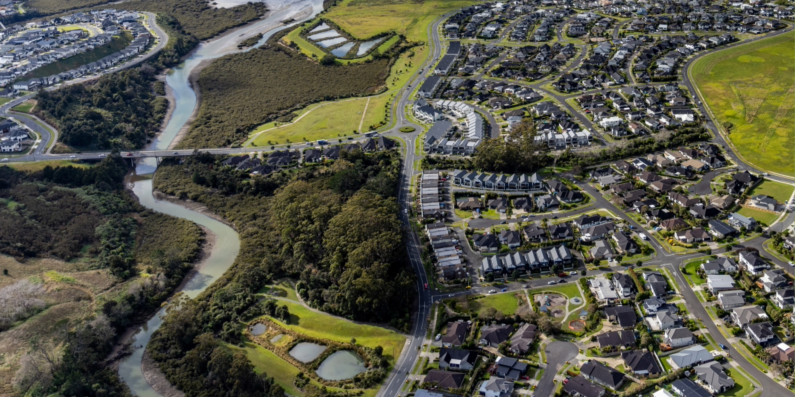
Independent climate adaptation report released
The Independent Reference Group was commissioned to test policy advice and support the development of a national adaptation framework.

The Independent Reference Group was commissioned to test policy advice and support the development of a national adaptation framework.
The Ministry for the Environment has released the final report of the Independent Reference Group on climate adaptation.
The group was established to hear insights from members' experience of making decisions on adaptation challenges and issues to inform policy advice on developing a new national adaptation framework.
Group members have backgrounds such as working with iwi, hapū and Māori or in local government, insurance and banking.
The group's report contains independent recommendations for developing a new adaptation system. It is not Government policy, but adds to the range of evidence and insights being considered as the national adaptation framework is developed.
The Government is developing a national adaptation framework to help New Zealanders better understand and manage the risks to our homes, communities and economy from a changing climate. It is expected to help communities to make more informed decisions, and provide greater certainty to support our economy.
The group considered the urgent challenge of the increasing exposure of New Zealand’s homes and infrastructure to natural processes like floods, erosion and storms. Its report suggests how New Zealand could transition over time to a new system for adapting to these challenges.
The group makes recommendations across three broad areas:
The Ministry has also released research it commissioned into the number and value of homes that might suffer damage from at least one flood in the next 35 years: Estimated number and valuation of residential properties within inundation/flood zones impacted by climate change.
The estimates, from independent consultant Climate Sigma, are presented nationally and by region. The research does not look at risks for individual homes or neighbourhoods.
The research estimated that between 2,200 and 14,500 residential properties could be damaged by at least one flood from a river, the sea, or extreme rain between 2026 and 2060. These properties have a total national property value of between $1.8 billion and $12.9 billion.
The smaller number (2,200) refers to properties which could be 80 per cent damaged in a major flood, with water 3m above the house’s ground floor. The larger number (14,500) is properties which might suffer 20 per cent damage, with water 30cm above the ground floor.
The estimates are based on scenarios and reflect available data and assumptions at the time of analysis. This means estimates are subject to uncertainty, like all modelling.
Interim findings from this analysis were provided to the Finance and Expenditure Committee’s climate adaptation inquiry, and released with the Committee’s final report last year. The Independent Reference Group also cites the research in its report.